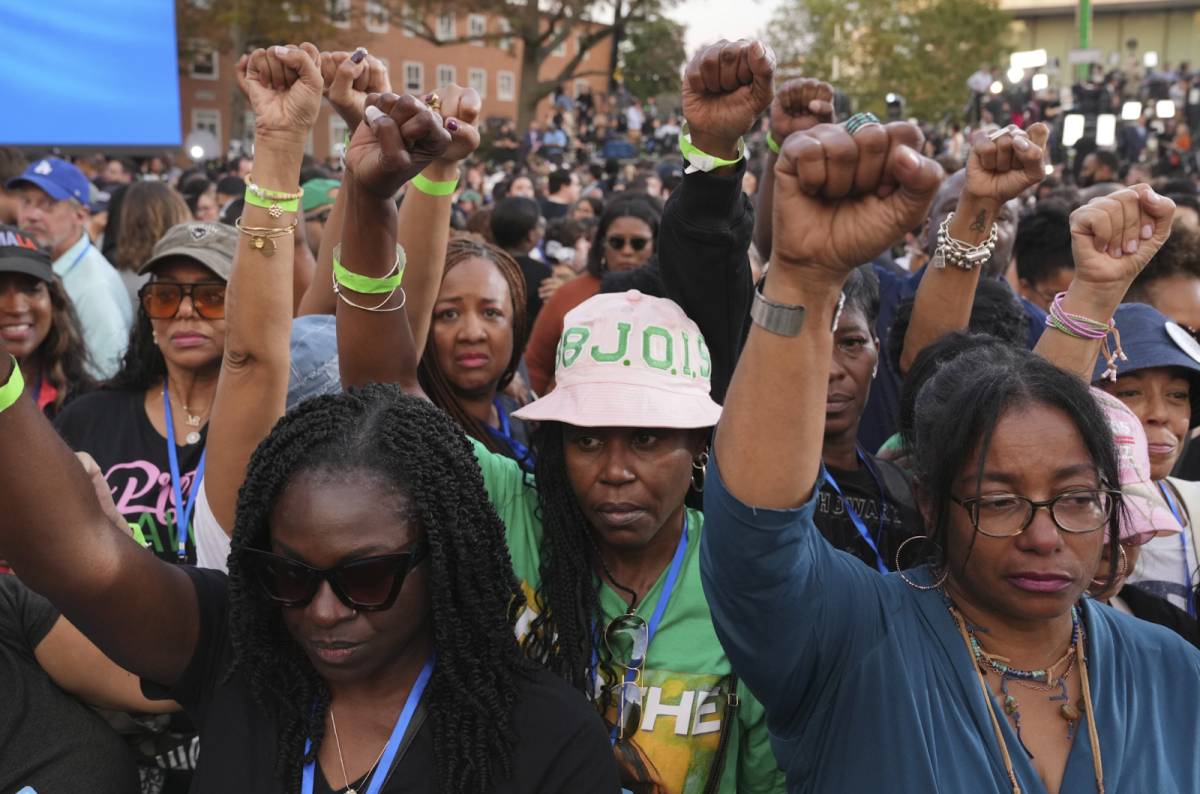When we consider why societies form, the interests and survival of the socialized individuals and groups seems to be a compelling catalyst. By coalescing into a larger, formalized community and distributing responsibilities across the population, humans appear better able to weather instability and endure hardship. Additionally, the economic institutions which form concomitantly enable community members to engage in labors other than agriculture, such as textile production, accountancy and professional basketball.
The well-known enlightenment philosopher Jean-Jacques Rousseau inaugurated discussion of a theoretical “social contract” in his eponymously titled book in 1762. Rousseau posed that individuals consent to surrender certain freedoms by observing social and governmental authorities, in exchange for the protection of other legal rights and the various benefits of living in a community. This exchange seems to make quotidian life comfortable and social organization efficient. However, efficiency is not itself a satisfactory benchmark for considering a society’s moral dimensions. Rather, gauging whether some individuals are held to more taxing social contracts than others within a society may shed light on the state of a society’s moral framework. Although a society may be considered efficient, if certain classes are stripped of more freedoms than others, or if circumstances of birth can reasonably be said to significantly effect peoples’ life outcomes, the society cannot be considered just — and, as the American philosopher John Rawls argues in his book A Theory of Justice, “justice is the first virtue of social institutions, as truth is of systems of thought.”
Without justice as a prefiguration for the development of other social, political and economic institutions, no institutions can be said to be just. The concept of social justice is therefore one which permeates discourse on inequality, achievements gaps, and wealth accumulation. By examining how historical modes of oppression and disparities in power shaped the institutions which so pervasively dominate social and political life, the relevance and necessity of social justice becomes strikingly apparent.
A common criticism levied against social justice is the one raised by the Austrian philosopher Friedrich Hayek: there is supposedly no objective moral standard with which to measure social equality. Hayek proposes that redistributing capital from the wealthiest to the poorest would constitute an unjust erasure of the rights of the wealthy. How then, can any proposed redistributive project proceed?
On a finite planet, infinite economic growth is impossible. Resultantly, capital is also a finite resource. If capital is finite, the accumulation of capital by the world’s top income earners — such that the twenty-six wealthiest humans control as much wealth as the poorest 50% of the world population — seems to be explicitly at odds with the rest of humanity’s access to wealth. And it is important to consider that the huge swaths of capital stockpiled by a few hyper-rich individuals in this way were accumulated in an unjust system which benefited those born into lucrative or stable circumstances and hindered those born into non-lucrative or unstable circumstances. Hayek argues that redistributing wealth from the richest citizens to the poorest citizens would be unjust, but I believe that would only be true if the rich accumulated their wealth in a just society. There is significant data and a rich literature to show that the circumstances into which one is born — such as race, gender, geography and financial conditions — significantly effect ones life outcomes, suggesting that institutionalized discrimination and differences in access to opportunities render our society unjust. Considering that the hyper-rich accumulated their wealth in a society which discriminates on the basis of circumstance, allowing some to enjoy lax social contracts while others suffer from more punitive contracts, it seems that their wealth isn’t a just dessert.
Institutional reforms and redistributive policies which alleviate the conditions of the poor are a crucial aspect of social justice. Likewise, the payment of reparations to descendants of enslaved Africans will help to mitigate circumstantial institutionalized unjustness. So long as access to opportunities and the real abilities of citizens to take advantage of their rights are unequally distributed, our society cannot be considered just.














